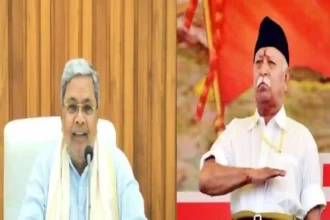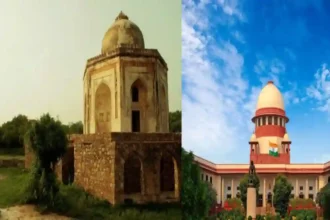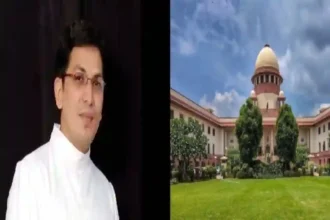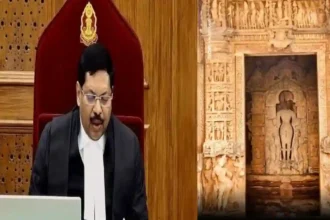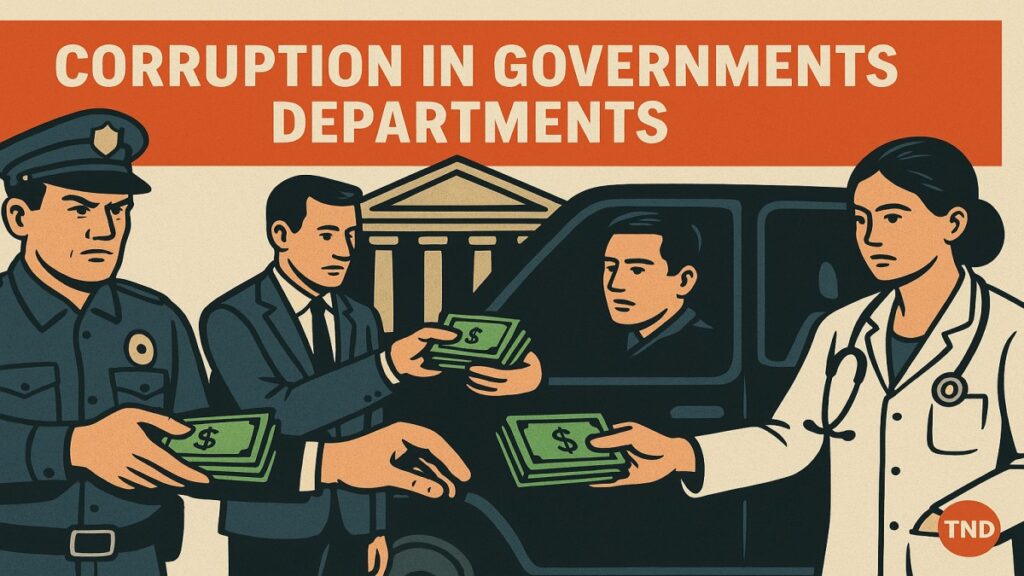
New Delhi, July 22, 2025 – Source: National Crime Investigation Bureau (NCIB) NGO
- Top 10 Most Corrupt Departments in India (As per NCIB)
- 1. Police Department
- 2. Revenue Department
- 3. Municipal Corporations/Municipalities
- 4. Gram Panchayat and Block Level Departments
- 5. Electricity Department
- 6. Road Transport Department (RTO)
- 7. Public Health and Government Hospitals
- 8. Education Department
- 9. Housing and Urban Development Department
- 10. Tax Department (Income Tax and GST)
- Middlemen and Political Nexus Worsen the Problem
- Corruption Varies by State and District
- Key Recommendations by NCIB
- Conclusion: Time for Public Awakening
In a shocking revelation that has stirred public discourse and social media outrage, the National Crime Investigation Bureau (NCIB) has released a comprehensive report ranking India’s most corrupt departments. Based on thousands of public complaints, media reports, and assessments from institutions like Transparency International India and Lokpal/Lokayukta bodies, this report paints a grim picture of the country’s bureaucratic integrity.
The findings are not only alarming but also indicative of the systemic corruption that affects everyday life in India from securing an FIR to getting electricity fixed, from receiving pensions to obtaining basic healthcare.
Top 10 Most Corrupt Departments in India (As per NCIB)
1. Police Department
Topping the list of India’s most corrupt departments is the Police Department, ironically the guardian of law and order.
Common complaints include:
- Bribery in registering FIRs
- Fabricating false cases
- Harassment during vehicle checks
- Seeking payment in exchange for justice
- Biased intervention in land disputes
According to NCIB, widespread misuse of authority, political interference, and extortion tactics have made the police force a symbol of fear rather than protection in several states.
2. Revenue Department
From land records to property registrations, the Revenue Department has been identified as another major hub of corruption.
Reported malpractices:
- Fake land registrations
- Bribes for “dakhil-kharij” (mutation)
- Delays in issuing certified land copies
- Fraud in updating land ownership (Khatauni)
This department sees frequent bribery involving tehsildars, patwaris, and property clerks.
3. Municipal Corporations/Municipalities
Urban governance is failing its people, as Municipal Corporations and Nagar Palikas secure the third position on the list.
Key corruption areas:
- Bribes to pass building plans
- Sanitation contracts manipulated
- Ignoring illegal constructions in exchange for money
Citizens allege that even basic services like garbage collection and drainage repairs are subject to “under the table” payments.
4. Gram Panchayat and Block Level Departments
In rural areas, corruption thrives at the grassroots via Gram Panchayats and Block Offices.
Allegations include:
- Scam in PM Awas Yojana housing scheme
- Misuse of toilet construction funds
- Irregularities in old age and widow pensions
- Ration card fraud
The report highlights how local leaders and intermediaries inflate bribes, with portions reaching officials as well.
5. Electricity Department
The Electricity or Power Department is often involved in technical manipulation and billing frauds.
Frequent complaints:
- Tampering meter readings
- Deliberate overbilling
- Delay in new connections
- Bribes demanded to fix faulty lines
Urban as well as rural consumers report harassment unless bribes are paid.
6. Road Transport Department (RTO)
The RTO (Regional Transport Office) is infamous for rampant bribery.
Reported corruption includes:
- Issuance of licenses without driving tests
- Registration of vehicles without documents
- Fitness certificates issued for unfit vehicles
This department has normalized corruption in the name of “commission agents”.
7. Public Health and Government Hospitals
The NCIB report slams the Health Department and government hospitals for deep rooted corruption in public service.
Key issues:
- Corruption in drug procurement
- Absenteeism among doctors
- Forcing patients to private hospitals
- Prescribing expensive medicines for commissions
Healthcare, a basic right, has turned into a commercial racket in many areas.
8. Education Department
Despite being the backbone of national progress, the Education Department is riddled with unethical practices.
Main concerns:
- Bribery in teacher recruitment
- Fake attendance registers
- Nexus with private schools
- Misuse of school development funds
Students in government schools are the ultimate sufferers of this corruption.
9. Housing and Urban Development Department
Real estate and infrastructure are often plagued by corruption in contracts and tenders.
Findings include:
- Bribes in awarding construction contracts
- Collusion in public private development schemes
- Lack of transparency in Smart City projects
Funds meant for urban development are often siphoned off via inflated tenders.
10. Tax Department (Income Tax and GST)
The Taxation Department, responsible for collecting revenue, is not untouched by corruption.
Reported practices:
- Bribes to avoid raids
- Processing fake returns
- Extortion from small businesses during inspections
Corrupt officials often collaborate with tax consultants and middlemen to exploit loopholes.
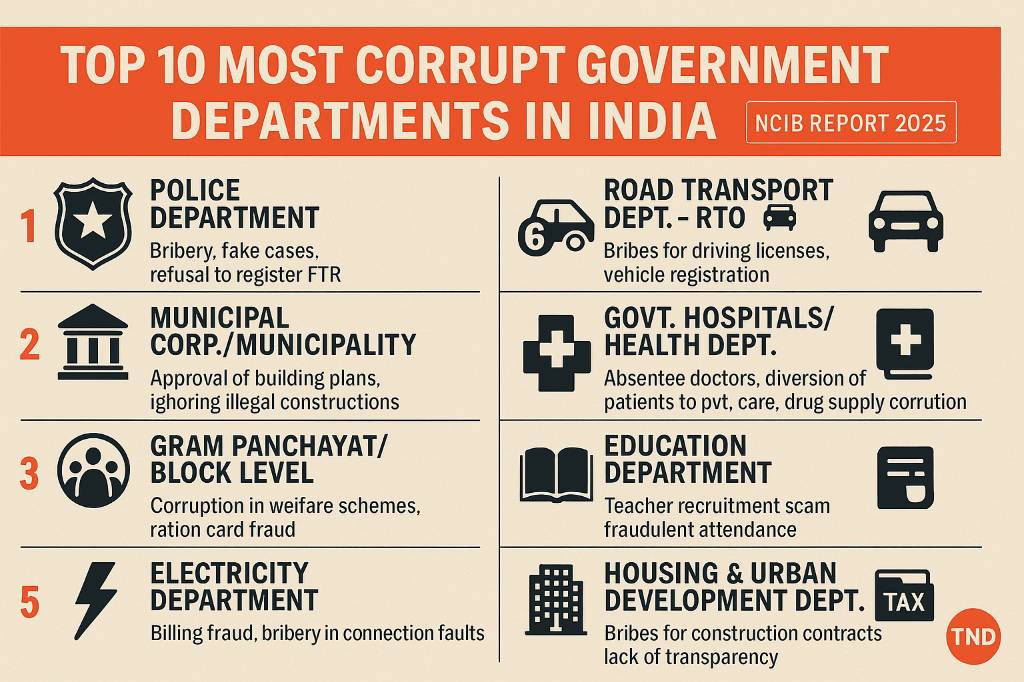
Middlemen and Political Nexus Worsen the Problem
According to NCIB, the corruption in India’s most corrupt departments is not limited to officers alone. Middlemen, local politicians, and power brokers often inflate bribe demands by 2 to 5 times.
The bribe is then split between:
- The department official
- The intermediary or tout
- Sometimes, even local political figures
From getting FIRs filed to securing government benefits, the entire process is commercialized.
Corruption Varies by State and District
The NCIB report clarifies that corruption levels differ across states and even within districts.
For example:
- In some states, police corruption is most rampant.
- In others, land and revenue departments top the list.
- In metros, municipal and power departments dominate.
- In rural belts, block and panchayat level corruption is more severe.
This nuanced insight adds depth to understanding India’s most corrupt departments.
Key Recommendations by NCIB
To combat the problem, NCIB has proposed the following:
- 1. Strengthening Lokpal and Lokayukta bodies
- 2. Digitalizing public services to reduce human discretion
- 3. Creating public grievance redressal systems with real time tracking
- 4. Publishing departmental audit reports online
- 5. Strict punishment for officials and intermediaries involved in bribery
Conclusion: Time for Public Awakening
The NCIB’s list of India’s most corrupt departments is a wake up call, not just for the government but for every citizen.
Corruption thrives where silence exists.It dies when accountability rises.
As citizens, journalists, whistleblowers, and policymakers join hands, the time is ripe for a nationwide anti corruption movement not just at the top but from grassroots to government corridors.
“If you tolerate corruption today, tomorrow it will decide your rights.”
Stay Connected with The News Drill for more updates.
Source: NCIB HQ NGO













